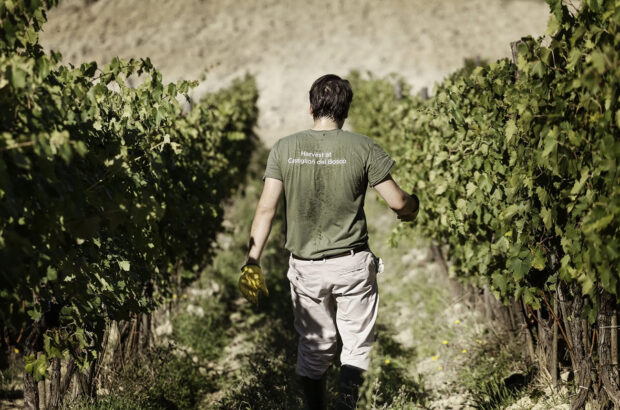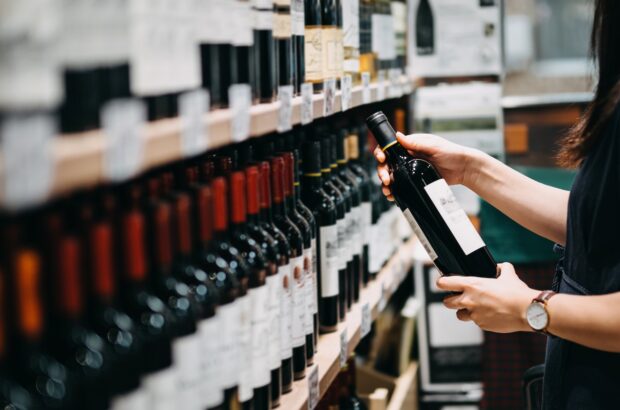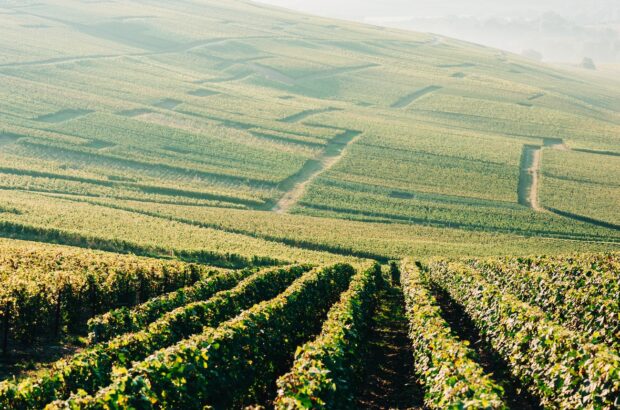See both sides of the debate as to whether it's becoming harder to obtain certain wines, as featured in our 'burning question' in the Decanter January 2014 issue...
Analysts at Morgan Stanley in Australia sparked a media frenzy in October by predicting that the world was facing a 300 million-case global wine shortfall.
Their forecast, based on small harvests in 2012 allied with rising consumption, led to a flurry of articles advising on which bottles to lock away from the thirsty throngs headed to your door.
And yet, in the words of Stephen Browett, the chairman and owner of UK fine wine wholesaler Farr Vintners, it all seems ‘a bit perplexing’ given that the European Union has just spent several years paying growers to rip out vines. Go back five years and you’d be forgiven for believing that sloshing ‘wine lakes’ in Europe and Australia threatened the world’s land surface area as much as rising sea levels. One of Australia’s largest producers, Treasury Wine Estates, is currently destroying millions of dollars’ worth of unsellable wine in the US.
Several experts, including international wine body the OIV, have said that the strain on global supplies is not as bad as feared 12 months ago. And yet, there is a new context of tightness in the market. Before the 2013 harvest, France said its wine stocks were at their lowest level for 12 years. Burgundy, in particular, looks constrained. Germany, too, has reported the lowest stock levels since the fall of the Berlin Wall in 1989. ‘I don’t see oversupply anywhere,’
Barbara Banke, chairman of Jackson Family Wines in California, told Decanter during a recent interview. Of course, quality of supply matters as much as quantity. At the higher end of the market, thirst for premium and fine wine in emerging markets such as Asia has also brought new drinkers into the fold. Yet prices for top Bordeaux are nowhere near the highs of 2.5 years ago.
So, is it becoming harder to obtain certain wines? Will we see greater scarcity from the most sought-after regions?
Yes
Joss Fowler, of wine broker Fine & Rare, said that there is ‘genuine scarcity’ of top Burgundy. ‘It’s [also] very difficult to find mature Barolo, and it’s rather hard to find mature vintage Champagne.’
‘Demand has to diversify a little bit,’ he said, but added, ‘there are some wines you can’t diversify away from. They are of a quality that is irreplaceable.’
Rising demand for fine wines from emerging markets, and especially Asia, has had a big impact, according to Max Lalondrelle, fine wine buying director at merchant Berry Bros & Rudd. ‘With Bordeaux, there’s always volume,’ he said, but Burgundy and Rhône present a bigger problem.
‘Take [Domaine Armand] Rousseau – we are lucky that we still have the same allocation. We used to have 200 consumers that wanted 25 cases, and now it’s 2,000. It’s becoming very difficult to allocate.
‘We spend a huge amount of time trying to find new wines and new vineyards. We’ve had successful offers for estates Spain and Italy in the past two months, for instance. We’ve had to go that way to provide high-quality wines to a broader range of people.’
Outside of en primeur, how many wine estates lay down stock for future releases? Fowler believes commercial realities often take priority. ‘They either can’t afford to, or don’t have the production.’
No
Stephen Browett, chairman and owner of fine wine wholesaler Farr Vintners, said his company’s reserves are as full as ever.
He also said it’s important to look longer-term. ‘Every bottle of 2009 and 2010 Bordeaux classed growths has not been drunk. Just because 2011 and ’12 were small doesn’t mean there’s a shortage. It’s still sitting around; it’s just not necessarily on the market.’ He added, ‘There are many great wines, so there should be enough to go round.’
He acknowledged that supplies are tighter in soughtafter regions dominated by small-scale estates, such as Burgundy. So far, drinkers have been willing to pay extra. ‘We sell more Burgundy now than when it was cheaper.’
Richard Sutton, Asia managing director for Armit Wines in Hong Kong, said it would be especially difficult to source Burgundy 2012 due to low production. But, in general, he said it’s normal to have tight supplies of the top wines. ‘I’m not sure it’s a valid question. In fine wine, it’s not unusual for there to be a shortage. There’s always more demand than there is supply.
He added, ‘We’ve seen increased demand for Super Tuscans, but there’s not a particular shortage. We don’t find the wines terribly difficult to source.’
Written by Decanter







